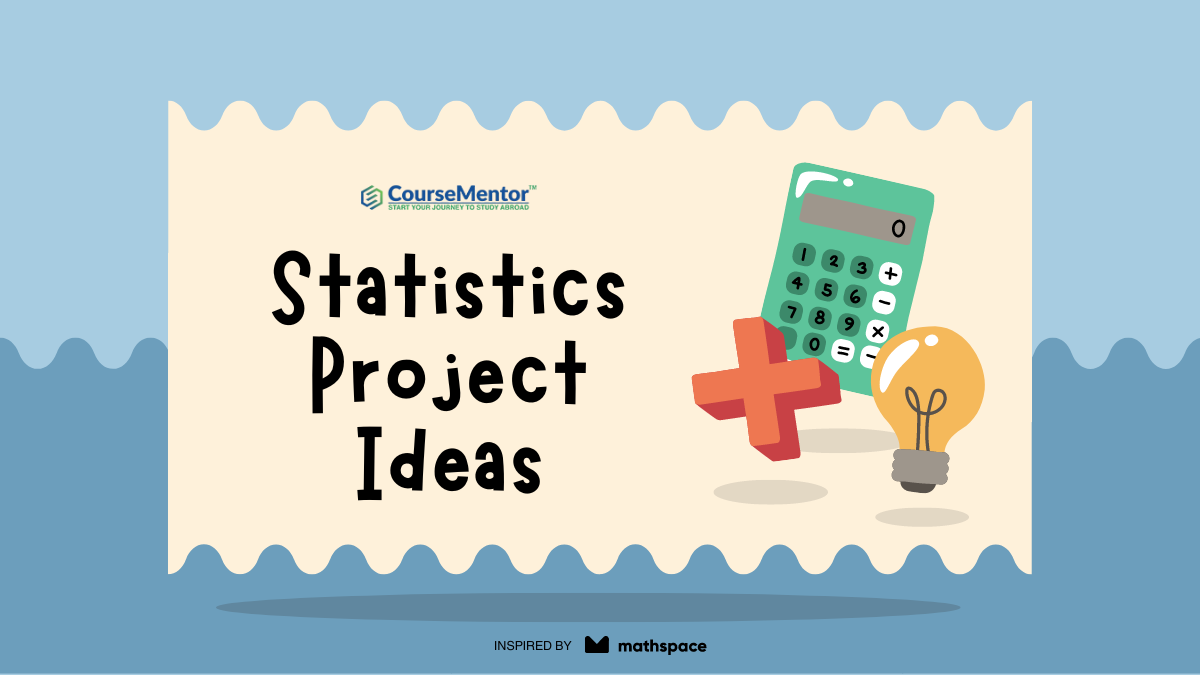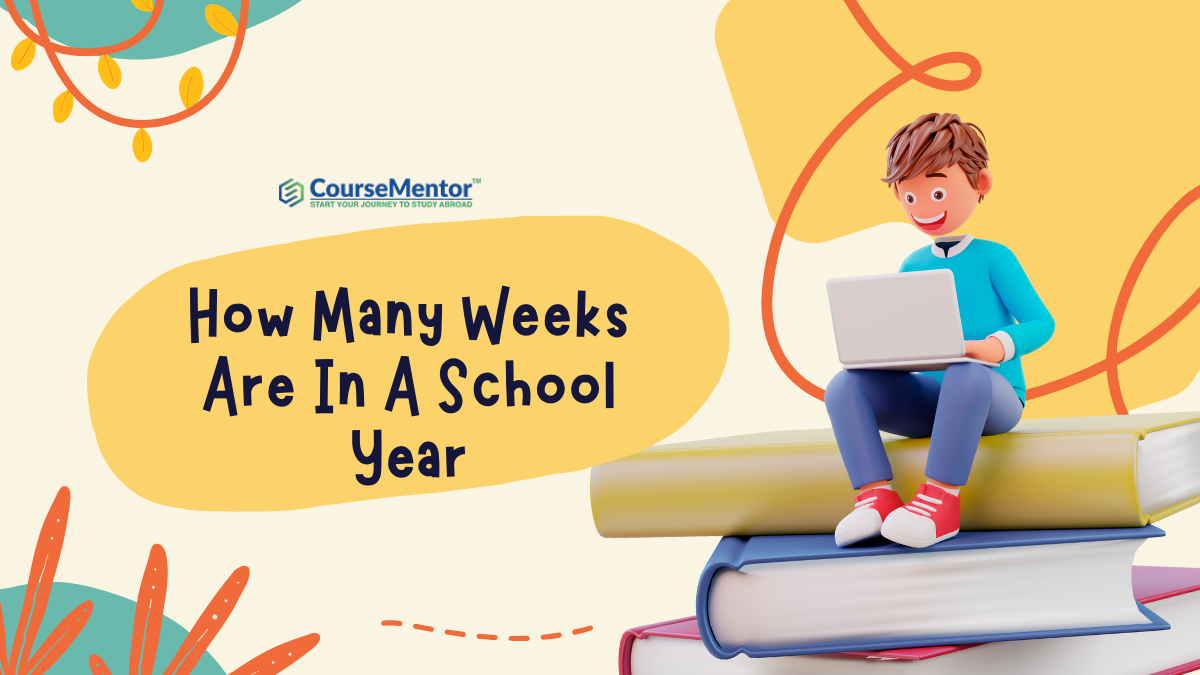Nowadays IELTS is one of the most popular English proficiency test all around the world. This test is for those who want to study or migrate to the other country where English is the first language.
IELTS has four parts Listening, Speaking, Reading, and Writing. And the IELTS reading part is the most difficult for many students.
If you are doing IELTS, then you may stuck in IELTS reading. That’s why you are searching for IELTS reading Tips. Don’t worry! Your search related to how to improve reading skills in IELTS is over here.
We have provided one of the best IELTS Reading tips that will definitely help you to improve your IELTS reading. So, let’s get started.
How is IELTS Done?
The IELTS exam tests your English knowledge based on 4 parts: Reading, Writing, Speaking, and Listening. IELTS is an English proficiency test for those seeking international education, jobs or emigration. This test is done to assess the English language skills required in English-speaking countries. There are two types of IELTS exam- IELTS Academic and IELTS General Training.
IELTS Academic is designed for those who want to study or get job in university or college as undergraduate or postgraduate student. On the other hand, IELTS General Training is designed for those who plan to live in an English-speaking country.
What Is The IELTS Reading Test?
The IELTS reading test is the most important part of IELTS where you can score good band through practice. This test has 40 questions and you have to complete this test in 60 minutes.
It has three reading passages In which there are different types of questions such as:
- Multiple-choice
- Matching features
- Matching headings
- Matching information
- Multiple-choice
- Identifying writer’s views
- Note completion
- Summary completion
- Short answers questions
- Diagram label completion
- flow-chart completion
- Sentence completion
When it comes to marking for the test, students will receive one mark for each correct answer. Therefore, the highest mark that students get is 40. After that, these scores are converted into IELTS 9 band scores.
IELTS Reading Important Information
Now you have known that You have to answer 40 questions in 60 minutes in the Reading test. There are two types of IELTS reading: IELTS academic reading or general training Reading.
Whenever you start preparing for the IELTS reading, you need to find out:
- What band score do you need?
- Whether you need to take the Academic IELTS test or General Training
You can also get this information to contact the institute that requires your IELTS certificate. and also if you want to improve your listening skills, then you can follow these IELTS listening tips.
Tips On How To Improve Reading Skills In IELTS
Here are some tips on how to improve reading skills in IELTS. It will help you improve your score:
- Focus On Timing
- Read The Instructions Carefully
- Don’t Panic
- Optimizing Your Vocabulary
- Improve Skills For All Types Of Questions
- Developing Speed Reading Skills
- It’s Not Important To Understand The Full Passage
- Improve Grammar Skills
- Identifying Keywords
- Practice As Much As You Can
- Read The Question First
- Always Remember, Spelling Counts
- Don’t Leave Any Questions Unanswered
- Focus on the ideas, not the words
- Find proof in the text, underline and number
- Choose your material carefully
- Improving reading comprehension
- Don’t Leave Blank Spaces
- Underline Keywords In Question Paper
- Always Carry Your Pencil, Eraser, And Sharpener
- Don’t Get Confused Between True-False and Yes-No Questions
Focus On Timing
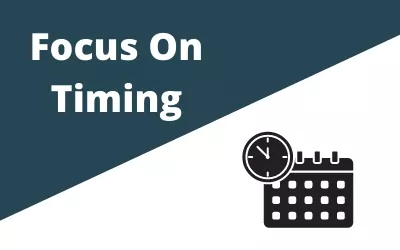
How To Improve Reading Skills In IELTS? Timing is the most important part of IELTS reading. When you’ll give your reading test, you’ll only get 1 hour to complete 40 questions. You have to use your time wisely. For this, try to finish each passage in 20 minutes. It will take 15-17 minutes to read the passages and 4-5 minutes to transfer the answer.
Read The Instructions Carefully
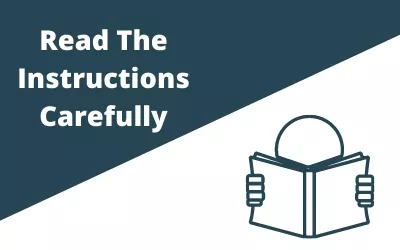
Many students lose their marks because they don’t read the instructions properly in the reading. So, if you want to score good marks in reading, then pay attention to the instructions carefully.
Don’t Panic

How To Improve Reading Skills In IELTS? Many students spend a lot of time on difficult questions but it is not the right thing. While giving the Reading test, some questions can be easy and some questions can be difficult.
If you get the difficult question and can’t get the answer to that question, then move on to the next question. You can come back to that question later.
It is very important that you need to keep your nerves under control and stay calm. Accepting that you are probably not going to get all the questions correctly can help you to control your nerves on exam day.
Optimizing Your Vocabulary
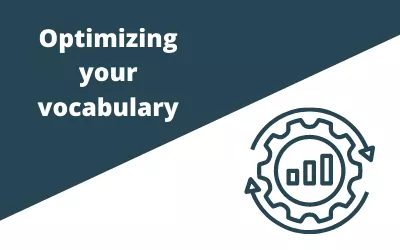
How To Improve Reading Skills In IELTS? In many ways, you can say that IELTS reading is a vocabulary test than a reading test. Because without a good vocabulary, you may face difficulty to understand the question. To improve your vocabulary, you should read newspapers, literature, and other books on a daily basis. You have to make sure that they are of high literary quality.
You also need to make sure that whenever you read unfamiliar words, you should make it a point to find their meaning. And also use those words at least 3 times in the coming 24 hours.
Improve Skills For All Types Of Questions
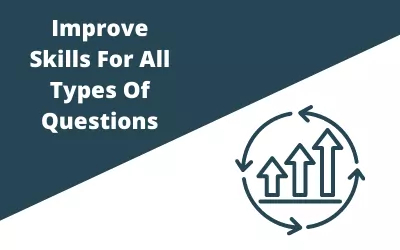
In the IELTS reading, you will get 14 different types of questions. So, find a way to answer all the questions.
In a reading test, some questions will come with answers while others will not. This kind of information can help you to save time in finding the right answers.
Developing Speed Reading Skills
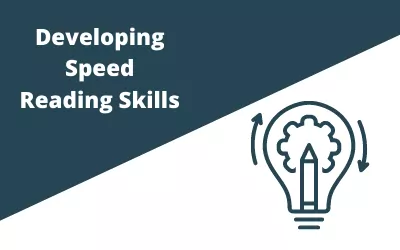
As you know you will get a limited time, which challenges your ability to finish all the questions within the given time.
Therefore, improving your speed in reading can help you to finish all the questions easily. For this, try to finish 1 passage in 20 minutes.
It’s Not Important To Understand The Full Passage
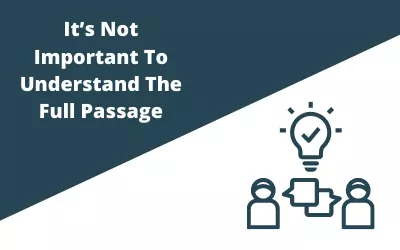
How To Improve Reading Skills In IELTS? While doing reading, it is not important to understand the full passage. You need to locate the answer only.
Most of the questions will test your ability to locate specific information and then comprehend the sentences that contain that information. There are just two types of questions that require you to comprehend the full passage.
Improve Grammar Skills
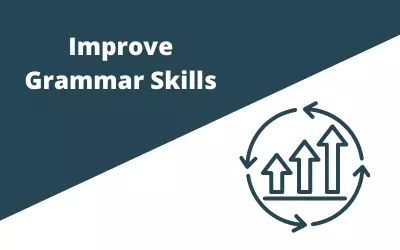
Grammar is one of the most important parts of learning any language. You must ensure that you have a strong knowledge of English grammar before taking the IELTS exam. So, you can quickly and effectively identify correct grammatical usage.
There are specific questions, such as reading a passage, that is designed to assess the students’ understanding of English grammar.
You can easily tackle questions that involve sentence completion and summarising with a strong understanding of grammar.
Identifying Keywords
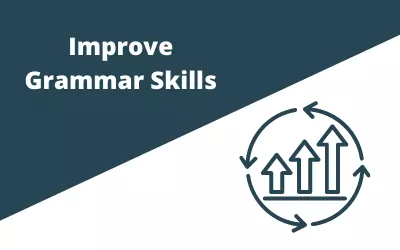
Have you ever heard about “every question holds a clue to the answer”? It is also true for IELTS questions, which can assist you in identifying the important information needed to answer the questions correctly.
IELTS questions may include keywords that stand out such as numbers, dates, locations, names, and more.
Finding these keywords in the passage can easily draw out the answer to the question and the information supplied in the passage can be paraphrased for the answer.
Practice As Much As You Can

It is one of the best ways to improve your IELTS reading skills. Practice makes a man perfect.
So do practice daily as much as you can. It will also help you to improve your time.
Read The Question First
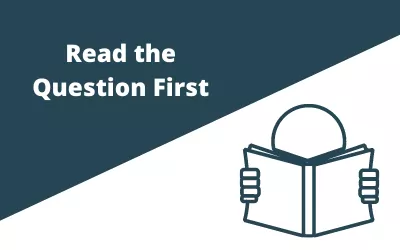
While doing the IELTS reading test, you need to read the questions first. Because those questions directly relate to the passages, knowing the question can assist you to know what to look out for as you read.
After reading the IELTS reading passage the first time, return to the question and read it again. It will help you to pinpoint which sections of the passage you need to pay attention to.
Always Remember, Spelling Counts
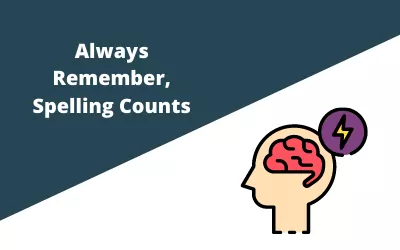
While giving IELTS reading test, if your answer is spelt incorrectly, then it will be marked wrong.
The good news is that you won’t lose points for incorrect answers. So, while doing IELTS reading if you are not sure how to spell a word, give it your best shot. You can get it right!
Don’t Leave Any Questions Unanswered

Never leave a black space, while doing the IELTS exam, if you don’t have time, then guess and write something.
You don’t lose any points or marks for incorrect answers. If you don’t fill the blank space in your answer sheet, you will get 0 points.
But if you fill the black space, you may get the right answer. And you will have at least 1 more points that can help you to get from band 6.5 to 7.5. This is the reason you should guess your answer when out of time.
Focus on the ideas, not the words
Another one of the best tip on how To Improve Reading Skills In IELTS is focusing on ideas.
When you read a difficult sentence, read it again, and then try to rephrase it in your own words.
Explain to yourself the rephrased sentence to understand what you have just read.
Your focus will be drawn to the ideas and message rather than the words you can read because of this analysis.
This is important because the solution you are looking for has also been rephrased.
Find proof in the text, underline and number
To find out how To Improve Reading Skills In IELTS this is also an essential tip. Locate the rephrased answer’s exact location in the reading passage.
You can be sure that it is the one if you compare it to the keywords in your response.
Then highlight the passage’s line that was rephrased.
Next, put the number above the query that is answered using that line.
To avoid aimless guessing during the reading test, you should do this. You can be certain that you made the right decision due to this.
There is one right answer in every situation, and there are no alternatives because the tests are designed in this way.
The location of the correct answer in the text and will be very clear to you because of this.
Choose your material carefully
This is another good tip for you if you are looking for how To Improve Reading Skills In IELTS. Although it’s a good idea to use previous IELTS reading exams, but they can quickly become boring and time-consuming.
I advise picking topics you are interested in. You are much more likely to finish the book and read more if you do it this way.
This is more of a long-term strategy because it will improve your language abilities rather than your exam skills.
Improving reading comprehension
As helpful as all of the IELTS reading advice is for improving your IELTS score, practice is still one of the most important factors of acing the IELTS reading test. You can take a variety of online IELTS practice tests to help in your preparation; you can use the given resources:
- British Council reading practice tests
- Official IELTS practice reading test
Try the other ESL tests that are offered if you have used all of the free resources online. Anything that Cambridge publishes should be your goal to practice from. Opening a book at a random page, reading it, and then writing a summary is a more entertaining method for testing your comprehension.
Don’t Leave Blank Spaces
While doing reading in IELTS, one of the most important things that students must know about how to improve reading skills in IELTS is that they should not leave any space blank on the reading answer sheet.
This is because there is no negative marking in the reading section, and if you leave a space blank in your answer sheet, you will definitely not get any marks for that. But there is a slight possibility that your answer may be correct if you guess an answer in the IELTS reading.
So give answers to all questions and don’t leave any space blank.
Underline Keywords In Question Paper
Read the questions before reading the paragraphs and underline the keyword in the question. Then, while reading the paragraphs, search for those keywords and underline them in paragraphs too.
Then search for the answers in the nearby those underlined keywords. There is a maximum probability that you may find your answer around those keywords.
So this is an essential tip on how to improve reading skills in IELTS that students must follow to get a good score in reading.
Always Carry Your Pencil, Eraser, And Sharpener
Yes, you will get a pencil, eraser, and sharpener during the exam, but it is better if you carry your own items with you.
You have to give the exam with a pencil and the pencil, eraser, and sharpener you will get in the exam may not be of the best quality, so carry the items of good quality with you in the exam hall.
The eraser you will get in the exam may make your sheet black when you try to erase something. So carry an eraser that does not make your sheet black.
Don’t Get Confused Between True-False and Yes-No Questions
Some students get confused between true-false and yes-no questions. They must know that both of these questions are different, and you can’t answer yes-no questions with true-false and vise-versa.
If you answer the true-false questions with yes-no or vice-versa, your answer will be marked as incorrect. So before answering check in the question whether it is a yes-no or true-false question.
Best IELTS Preparation Books
Here are below the best books which can help you prepare for the IELTS exam:
- Barron’s IELTS Superpack
- The Official Cambridge Guide to IELTS
- Cambridge IELTS 14 Academic Student’s Book with Answers with Audio
- Official IELTS Practice Materials
- Road to IELTS
- IELTS Trainer
- Mometrix IELTS Book for General Training and Academic 2022
- Check your English Vocabulary for IELTS
- Focus on IELTS Foundation: Foundation Coursebook
- Simon Braveman’s Target Band 7
- New Insight into IELTS
- Cambridge Vocabulary for IELTS
- IELTS Advantage Series
- Improve your IELTS Skills Series: Reading, Writing, and (Speaking and Listening)
- English Collocations in Use
- Cambridge IELTS 12 General Training Student’s Book
- Ace the IELTS: IELTS General Module
- IELTS (Academic) 5 in 1 Actual Tests eBook combo
- IELTS (General) 5 in 1 Actual Tests eBook combo
- Cambridge Ielts 12 Academic Student’s Book With Answers
- Cambridge IELTS 13 Academic Student’s Book
Conclusion (How To Improve Reading Skills In IELTS)
IELTS is a standardized test of English as a foreign language. The reading section is an important part of IELTS. It assesses your reading, understanding, and use of English at a higher academic level.
If you are preparing for IELTS, you will need to know how to improve your reading skills in IELTS (International English Language Testing System).
The tips mentioned above will definitely help you to improve your reading skills in IELTS. If you like our blog, then share it with your friends. If you have any queries, then you can comment to us or contact our experts. We will reply to you as soon as possible.
FAQs: How To Improve Reading Skills In IELTS
Is reading tough in IELTS?
No, it is not that difficult. Basically, it depends on the student’s ability to solve the IELTS reading test within the given deadline. You can solve the IELTS reading if you know how to use tips and tricks.
How can I get 9 in IELTS reading?
1. Skim over and watch for the answers.
2. Watch your time
3. spelling correct
4. Understand Unfamiliar vocabulary
5. Pay attention to the details
Is reading the most difficult in IELTS?
The answer to this question varies from person to person. There are some students who may find the reading difficult whereas some students can easily achieve a good band score in IELTS reading by just a little preparation. Also, if you prepare for the IELTS reading properly then you may find that it is noot that hard as you thought.




